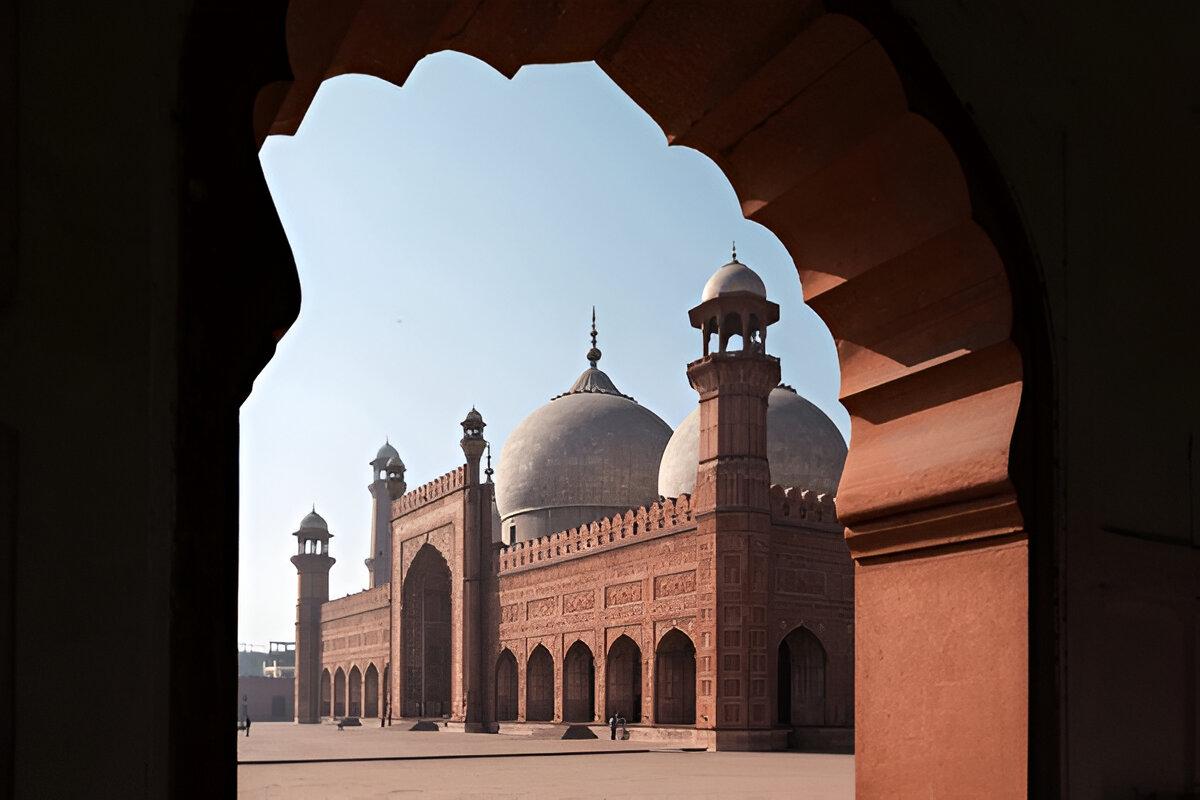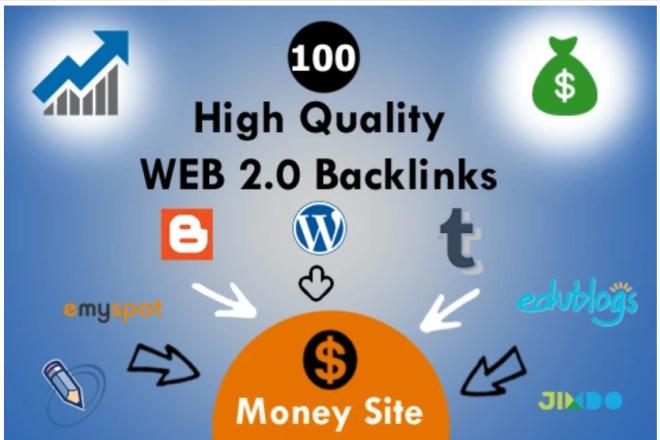Commandité
Has Original Art Lost Its Place in a Copy-Paste Culture?
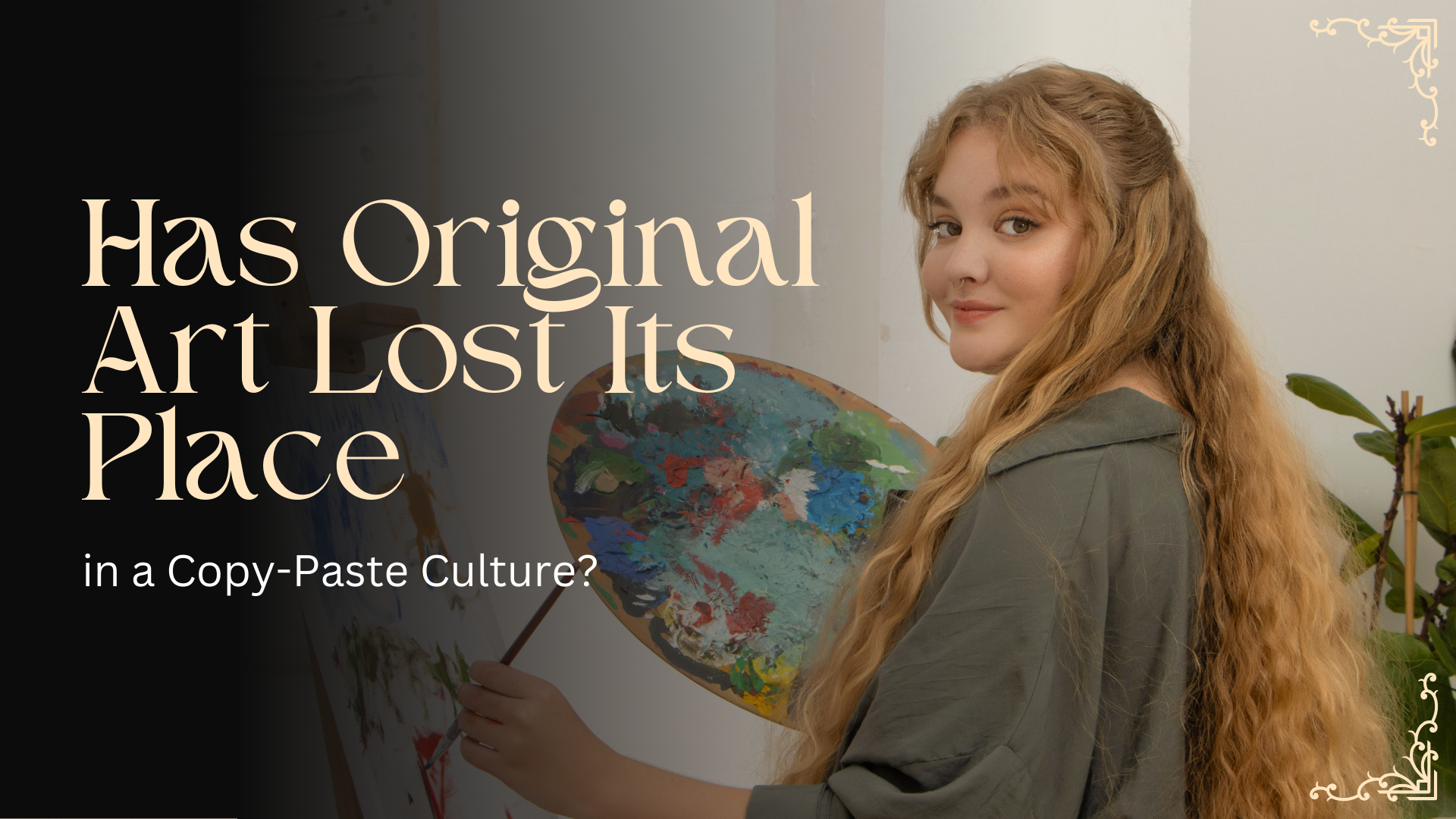
I’ve been thinking (probably too much, my friends would say) about whether originality in art still matters in this weird, hyper-digital world we’ve built. Everywhere you look, someone’s hitting copy paste like it’s oxygen, and honestly, it makes me wonder,are we slowly suffocating the very idea of originality? Or maybe originality is just hiding, waiting for us to notice again. I don’t know. What I do know is the other day I was sitting in a café, watching a guy trace a famous painting on his iPad, and part of me thought, “That’s cheating.” But another part of me thought, “Well, maybe it’s practice.” My head is basically a ping-pong ball on this.
Copy Paste, or Creativity?
So here’s the thing: copy paste has become more than just a keyboard shortcut,it’s a lifestyle. You see it in school assignments, office work, design templates, even in conversations where people recycle the same tired Instagram quotes. And sure, it makes life faster, more efficient, maybe even easier. But in art? Man, art isn’t supposed to be efficient. Art is supposed to be messy, raw, filled with mistakes you later call “style.”
I remember back in my first year of university, I spent weeks sketching something that I thought was going to be the piece that defined me. And then my roommate walked in, scrolled on Pinterest, and showed me something almost identical. He smiled and said, “You could have just saved time with a copy paste.” I laughed, but it stung. Because he was right in some way,and completely wrong in another.
The Myth of Originality
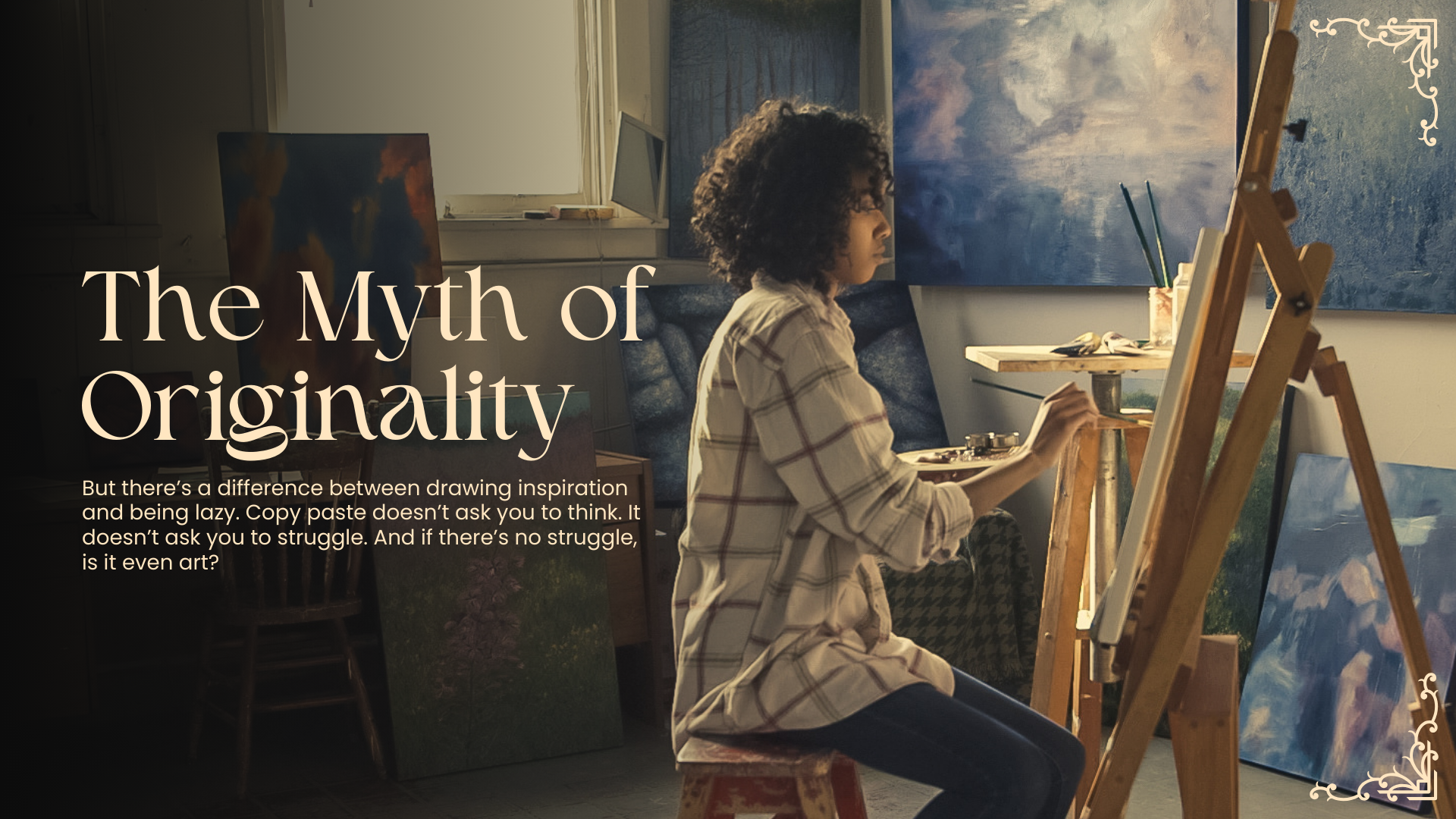
Here’s a confession: I don’t think originality really exists. Not fully, anyway. Everything is borrowed, reshaped, twisted into something slightly new. Even Picasso once said (I’m paraphrasing because I’m not digging out my art history textbook), “Good artists copy, great artists steal.” Which is basically another way of saying, yeah, originality is a remix.
But there’s a difference between drawing inspiration and being lazy. Copy paste doesn’t ask you to think. It doesn’t ask you to struggle. And if there’s no struggle, is it even art?
When Technology Joins the Party
Let’s talk tech for a second. Digital tools have made creation both liberating and terrifying. On one hand, you can share your artwork instantly across the globe. On the other, it takes about three seconds for someone else to download it, slap their watermark on it, and claim it as their own. (Don’t even get me started on NFTs,one day they’re the holy grail of originality, the next day they’re a digital garage sale nobody visits.)
Sometimes I use tools like merge pdf when I’m compiling sketches into one neat portfolio. It’s practical, sure, but it also feels like I’m putting fragments of myself together for people to scroll through in seconds. Snap judgments, swipe left, swipe right,your originality boiled down to whether someone double-taps.
And isn’t that the cruelest irony? That we fight so hard for originality, only for it to be consumed in the same way someone consumes a meme or a recipe reel.
Copy-Paste as Survival
I’ll admit something embarrassing: there were times I survived entire semesters of university because of copy paste. Not in art class, but in theory courses where no one cared if your essay was heartfelt as long as it was submitted on time. That shortcut felt harmless then, but when it bleeds into creativity, it changes everything.
I’ve met artists who admit they trace or download stock vectors and tweak them slightly because “clients don’t care.” And you know what? Most of the time, clients really don’t care. They want something shiny, fast, and affordable. So where does that leave the artist who sweats over every imperfect brushstroke? Alone, maybe. Frustrated, definitely. But maybe also freer,because they’re creating for themselves, not for the paycheck.
The Emotional Tug-of-War
Sometimes, when I’m sketching late at night, I hear this little voice in my head (it sounds suspiciously like my high school art teacher) saying, “Don’t take shortcuts. They’ll rob you of your soul.” And then I hear another voice, the cynical one, saying, “Relax. Everyone uses copy paste. Nobody cares as long as it looks good.”
Both voices are annoying. Both are true.
It’s exhausting, isn’t it? Wanting to be original in a world that rewards replication. But maybe originality isn’t about creating something the world has never seen. Maybe it’s about making something that feels true to you.
Protecting the Fragile Thing Called Originality
Here’s where I circle back to tech again (because let’s be honest, it’s always hovering over our shoulders). Artists now rely on little tricks to protect originality: watermarks, locked files, or exporting work into formats that can’t be easily tampered with. Tools like merge pdf make portfolios professional, but also secure. You send out your work knowing it’s packaged in a way that at least makes people think twice before hitting,you guessed it,copy paste.
But is that enough? Probably not. Protection can only go so far. At some point, you have to let go and trust that your voice, your quirks, your fingerprints are visible enough to stand out.
Nostalgia for the Imperfect
I find myself weirdly nostalgic for smudged charcoal, for paint stains on jeans, for the kind of mistakes you can’t erase with Ctrl+Z. Because imperfection was proof you were there. Proof that you, not a keyboard shortcut, made this.
And maybe that’s the point I’ve been circling around: the more the world leans into copy paste, the more valuable imperfection becomes. Originality isn’t about being the first. It’s about being undeniably human.
Final Thoughts (Or Maybe Just Rambles)
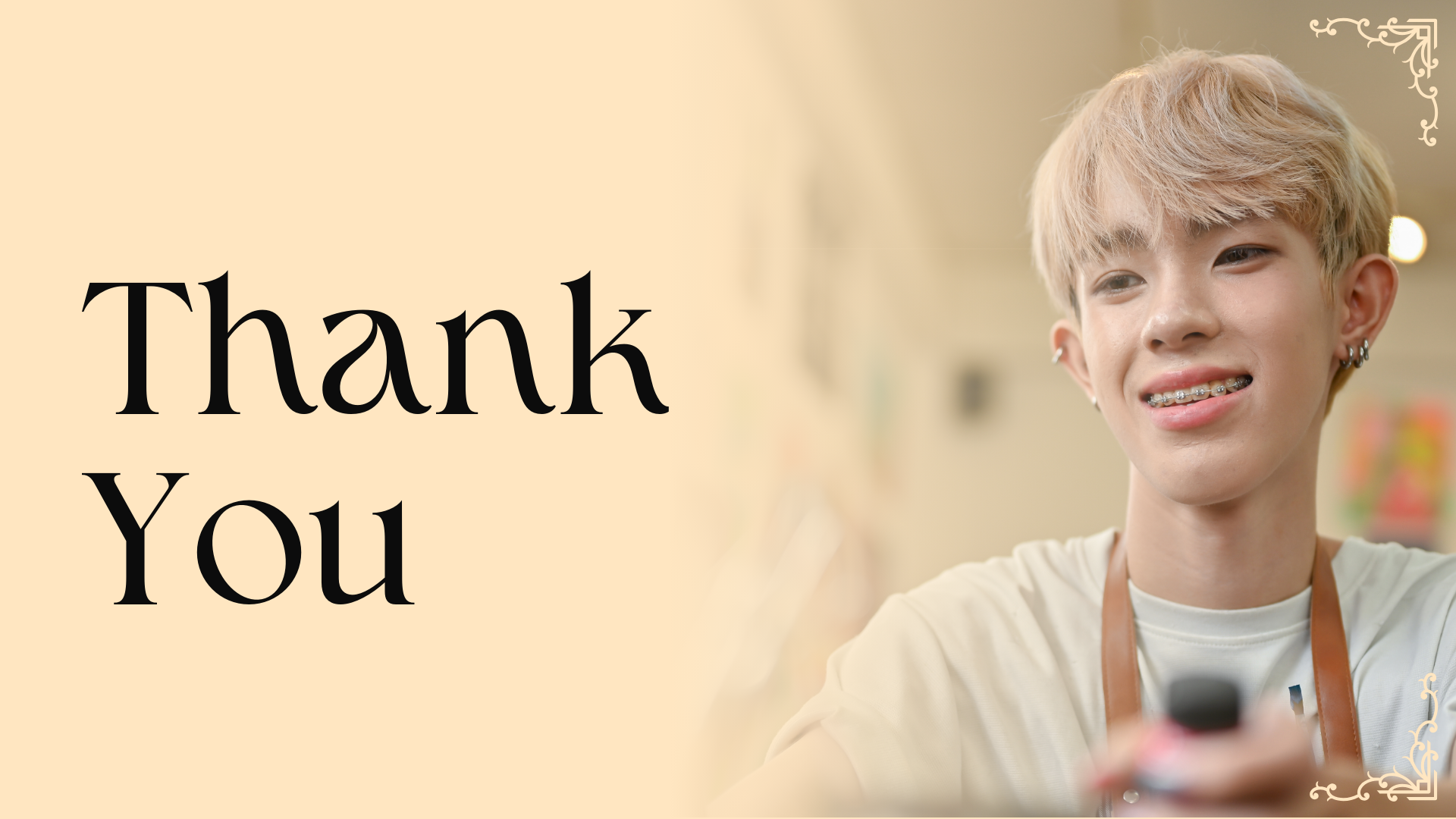
And if you’re an artist reading this… don’t let the shortcuts kill your spark. Make the ugly sketches. Leave the eraser marks. Smudge the paint with your sleeve because you forgot to let it dry. Show the world your fingerprints, even when they’re shaky. That’s the stuff nobody can copy paste, the stuff that feels alive when someone stares at it too long. Maybe it won’t pay the bills every time, maybe no one double-taps it, but it’s yours. And in a world that’s obsessed with sameness, that’s worth more than perfection ever could be.
Do you want me to go one step further and make it sound almost like a personal confession (like a mini-story of you talking directly to another artist), or should I keep it at this conversational but motivational tone?



